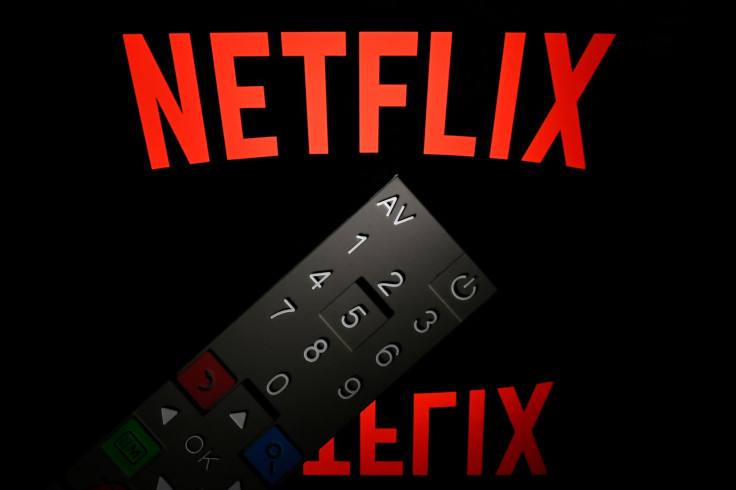New Competition Won't Stop Netflix From Raising Its Prices

A bevy of new premium streaming video services are set to enter the market over the next 12 months, but that doesn't scare Netflix (NASDAQ:NFLX) management one bit. Apple (NASDAQ:AAPL) announced Apple TV+ last month, and Walt Disney (NYSE:DIS) followed up with details on Disney+ at its investor day. Comcast's (NASDAQ:CMCSA) NBCUniversal and AT&T's (NYSE:T) WarnerMedia are expected to join the fray as well.
"There's already so much competition," Netflix CEO Reed Hastings said on the company's first quarter earnings call. "We only win 2% of downloading on mobile, it's like 98% of the time people are not doing Netflix. On U.S. televisions, it's 90% are not watching Netflix, so there's a ton of competition out there, and Disney and Apple add a little bit more, but frankly I doubt it it will be material."
Adding onto that, product chief Greg Peters noted, "We don't really think there is sort of an immediate equivalency or substitution." In other words, he doesn't think consumers will run out and replace Netflix with Disney+, Apple TV+, or some combination of other services, so providing more value to subscribers may enable further price increases in the future.
How customers responded to the latest price increase
Investors were somewhat disappointed with management's outlook for second quarter subscriber growth. The company forecast 5 million net additions, 4.7 million of those coming from outside the United States. Analysts were expecting about 6 million additions.
The weakness stems from the United States where the 300,000 net addition outlook is well below the 870,000 subscribers Netflix added in the second quarter last year. And that can be tied directly to the price increase Netflix made in January, which raised the price of its most popular plan by 18%. The company is still rolling out that updated pricing to new customers with plans to complete the change by next month.
In the company's letter to shareholders, management wrote, "Our gross additions are unaffected, and we see some modest short-term churn effect as members consent to the price change." That's similar to what Netflix experienced in Canada after its fourth quarter price increase, and what it's experienced from previous U.S. price increases.
Will the new competition change anything?
Disney priced Disney+ at just $6.99 per month or $69.99 per year. The media company also oversaw a price decrease at Hulu earlier this year to just $5.99 per month for its ad-supported service. Consumers could subscribe to both services for less than the price of Netflix's most popular plan ($12.99 per month), and that's before potential bundling discounts management has hinted at.
More competitors are going to enter that market, and it's very likely they'll price their services below Netflix's. Comcast will reportedly offer its service free with ads to cable subscribers, and AT&T will offer three different tiers of service for its WarnerMedia product, but hasn't released specific pricing. Apple hasn't announced pricing for Apple TV+ either.
While the other competitors might have compelling price points, they don't offer the same value as Netflix. The company has built up a library of original content that's unique and valuable to consumers. Not to mention the social aspect of television -- you don't want to be left out of the water cooler conversation, because you're the "weirdo" without Netflix. That gives the company a lot of pricing power with its subscribers despite increased competition.
In fact, the low prices of competitors like Disney+ could ultimately benefit Netflix. It could lead more customers to cut the cord and focus specifically on streaming video options. Netflix may be seen more as a substitute for the entire cable bundle (or at least a big piece of it) instead of just a substitute for other video-on-demand options. That gives it room for further price increases.
Future price increases may also result in more exaggerated churn rates for Netflix's existing subscribers as more streaming competitors enter the market. Subscribers may use a price hike to test the waters with the competitors' services. But Netflix's broad, differentiated content library ensures that it will be able to adjust pricing without much long-term backlash.
This article originally appeared in the Motley Fool.
Adam Levy owns shares of Apple. The Motley Fool owns shares of and recommends Apple, Netflix, and Walt Disney. The Motley Fool has the following options: long January 2020 $150 calls on Apple and short January 2020 $155 calls on Apple. The Motley Fool recommends Comcast. The Motley Fool has a disclosure policy.





















